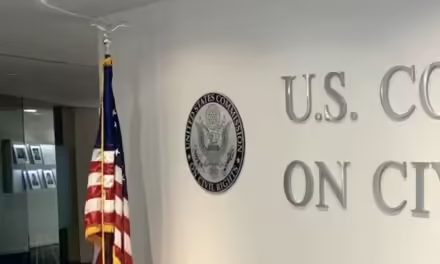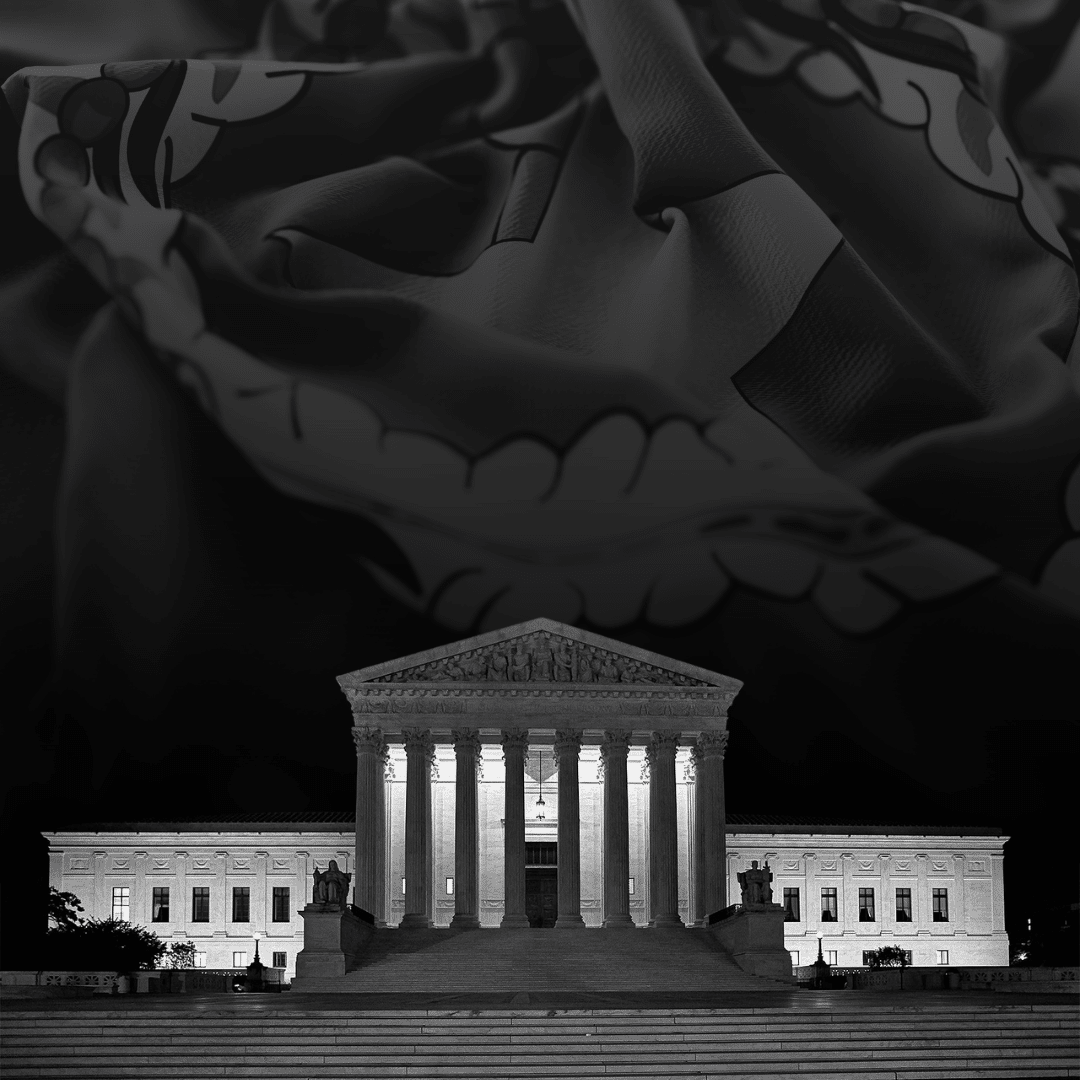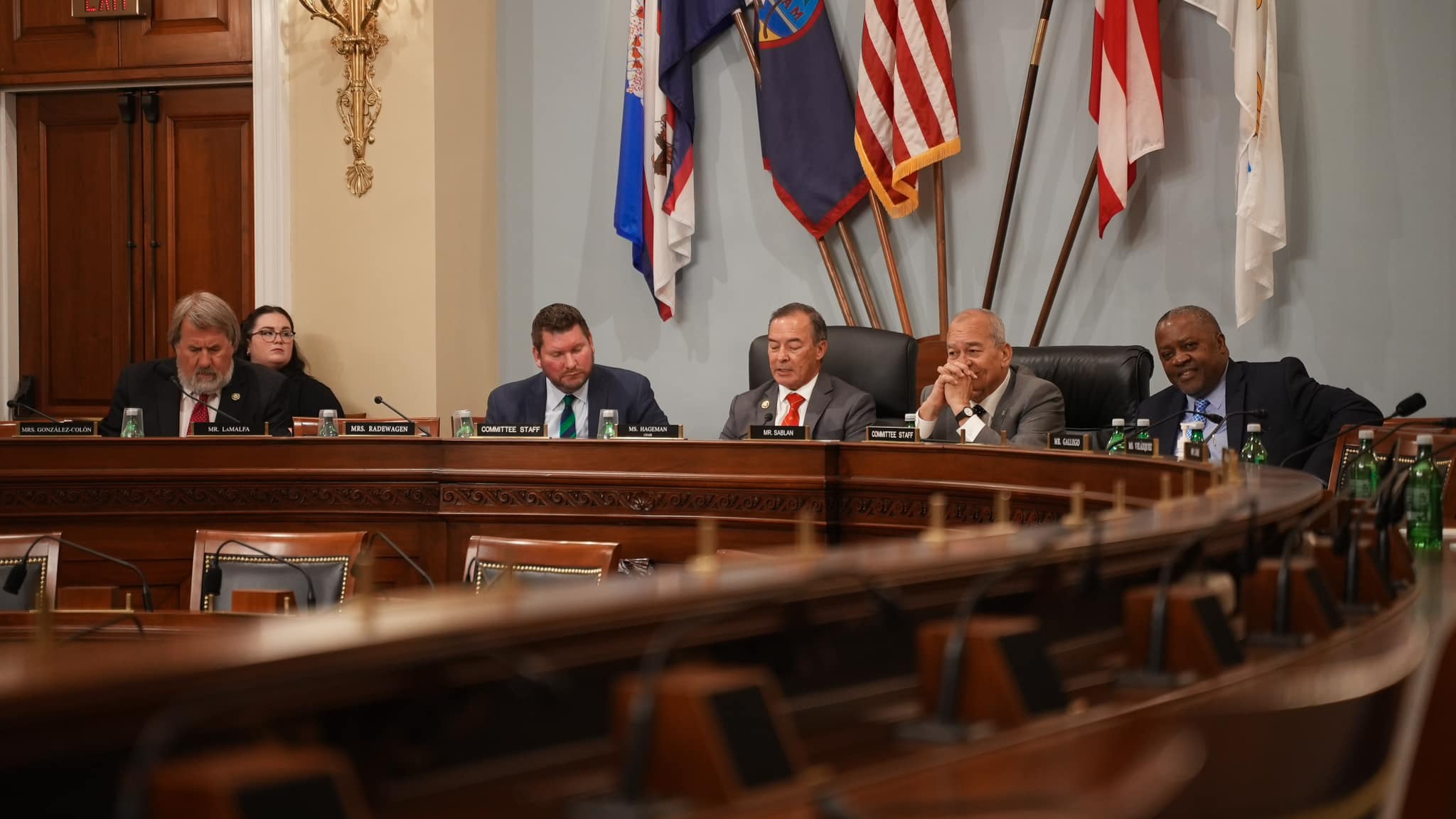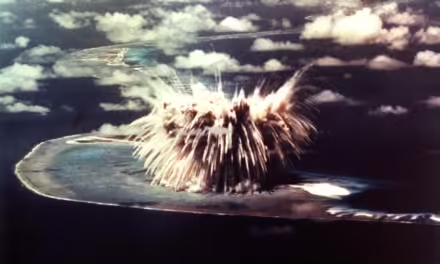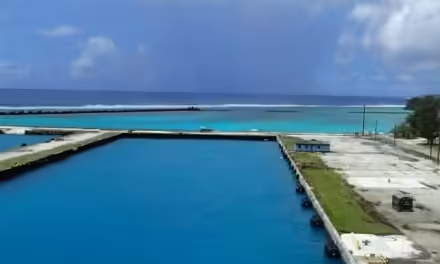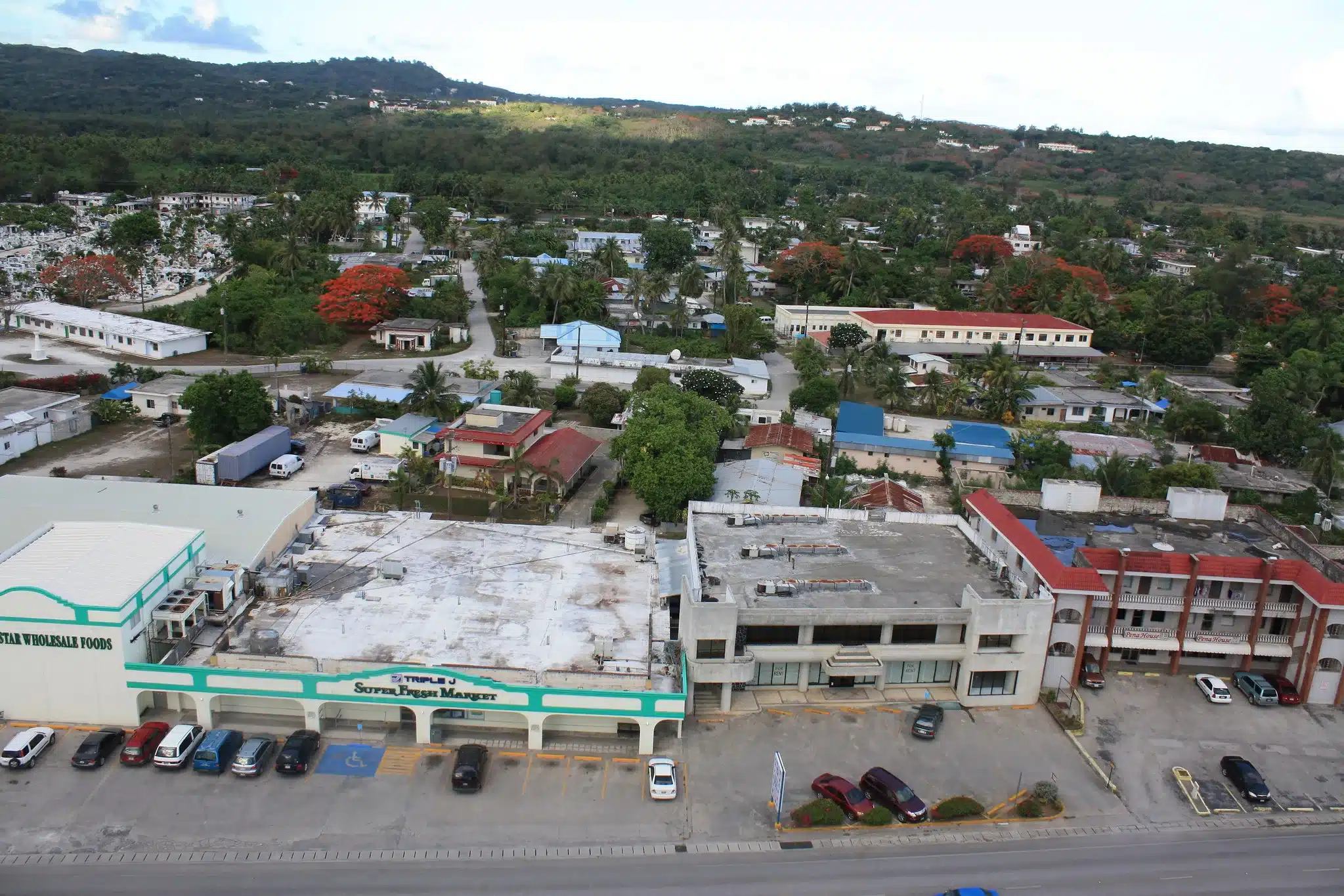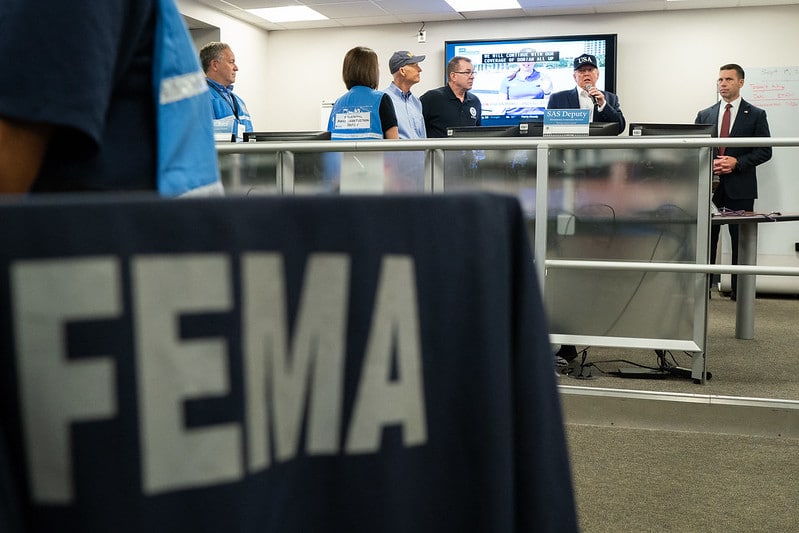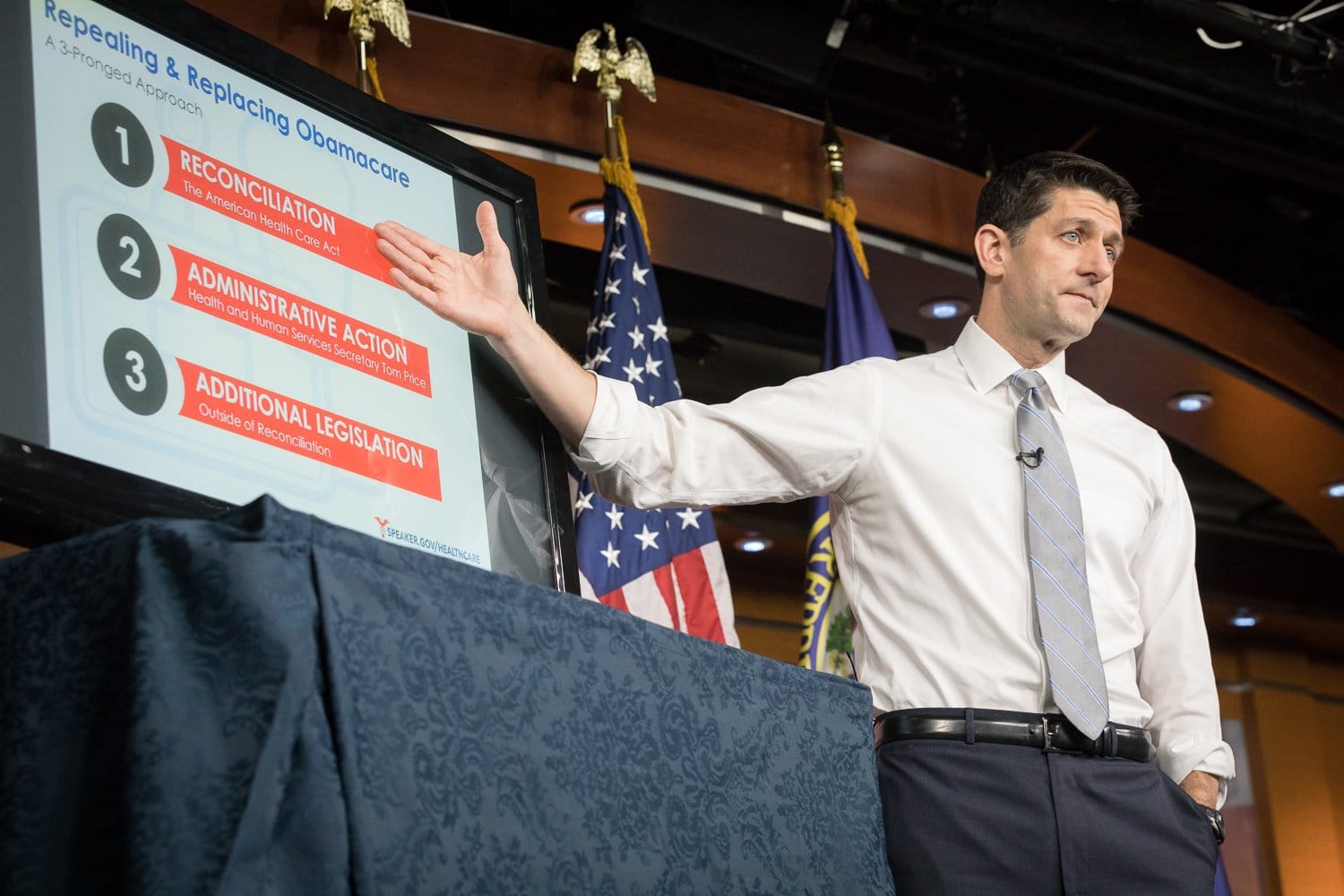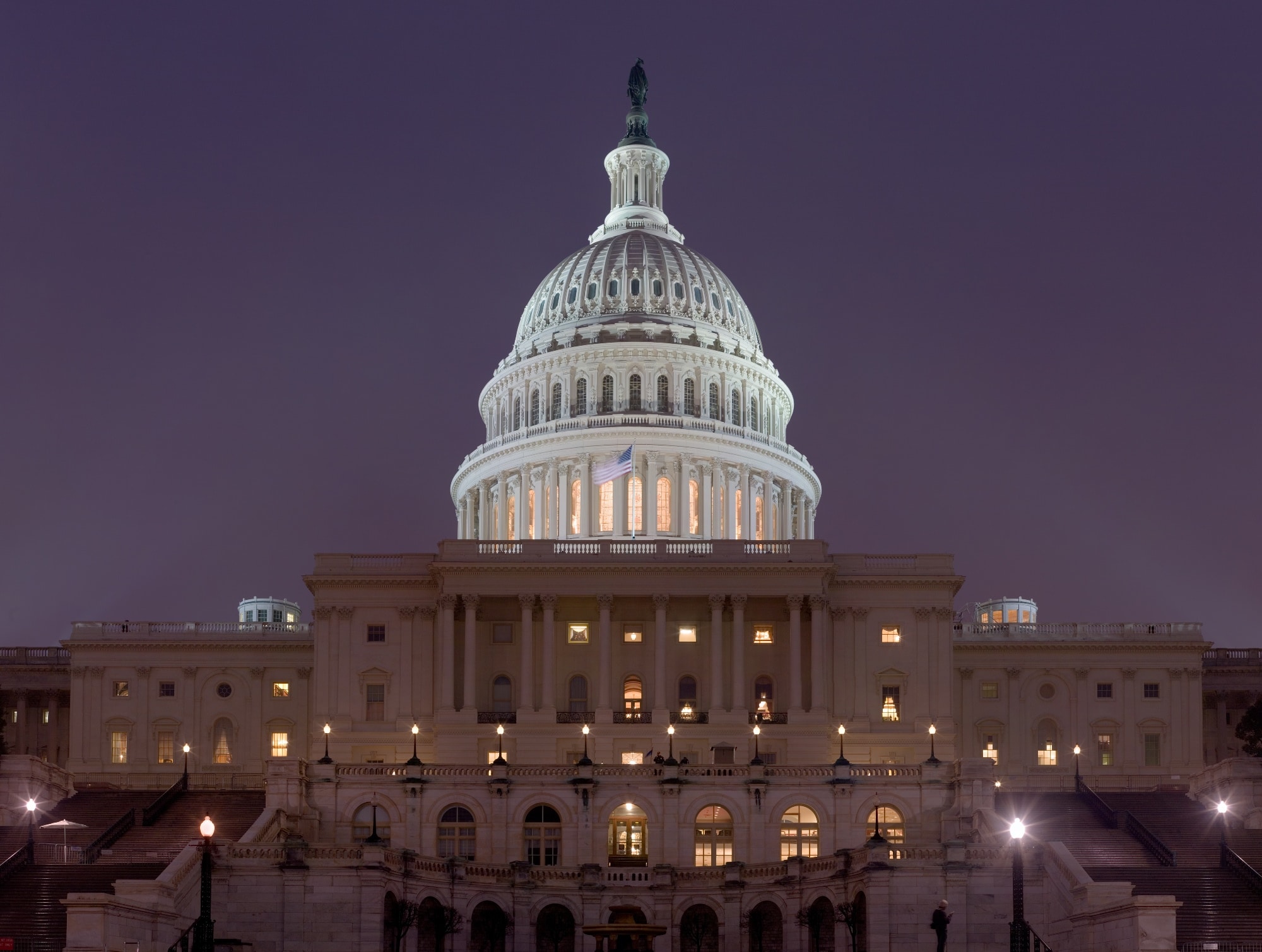Resident Commissioner Pedro Pierluisi, in testimony before the Senate Energy and Natural Resources Committee on S. 1237, the Omnibus Territories Act, expressed support for several provisions in the bill, including a provision requiring the non-partisan Government Accountability Office (GAO) to evaluate the annual estimates of revenues and expenditures of the territory governments, including the government of Puerto Rico, and to make recommendations for improving the process by which those estimates are developed.
“This provision will help address a problem that has been witnessed in Puerto Rico, and that is the tendency for the local government to overestimate the amount of revenue that will be collected and to underestimate the amount of government expenditures that will be made in the coming fiscal year,” said Pierluisi in his testimony at the hearing, which was presided over by Chairman Ron Wyden (D-OR) and Ranking Member Lisa Murkowski (R-AK).
“For example, between Fiscal Year 2006 and 2008, the Puerto Rico government overestimated revenue by $1.1 billion, $822 million, and $718 million, respectively. Between Fiscal Year 2009 and 2012, this practice came to an end, with actual revenue exceeding forecasted revenue by a fairly small amount each year. However, economists and rating agencies have expressed concerns that the Puerto Rico government may now be returning to its old ways,” the Resident Commissioner noted.
Pierluisi explained that, “when a government makes inaccurate budget projections, it has a negative, cascading effect—resulting in larger deficits, excess borrowing, credit downgrades, higher interest payments, and the diminished ability to meet pension obligations and make important investments in education, infrastructure, public safety and other priority areas.”
“I respect the work of the GAO, and am confident that their sound advice will help the governments of Puerto Rico and the other territories better manage their finances,” he said.
The Resident Commissioner noted in his testimony that Puerto Rico faces severe economic challenges and that, based on all economic indicators, the territory has lagged far behind the states for at least four decades.
“The income gap between Puerto Rico and the states continues to widen. Puerto Rico’s population decreased by nearly four percent between 2000 and 2012, with hundreds of thousands of island residents departing for the states in search of improved economic opportunities. This exodus is likely to worsen, because the governing party in Puerto Rico has recently enacted a series of laws that purport to stabilize and strengthen the economy, but are so poorly conceived that they can be expected to have the opposite effect,” he said.
Pierluisi emphasized that he supports statehood for Puerto Rico in part because history shows that every territory that joins the Union experiences a substantial increase in its economic activity and standard of living.
“I believe statehood is the only status that will enable Puerto Rico, on an enduring basis, to reduce unemployment, attract investment, retain talent, promote growth, and manage our deficits and debt,” the Resident Commissioner said.
He noted, however, that until Puerto Rico becomes a full and equal member of the American family, it is his responsibility “to take all reasonable steps to strengthen the Island’s economy within the severe constraints imposed by the current territory status.”
Pierluisi Also Expresses Support for Provision to Help Puerto Rico Diversify Energy Portfolio
In addition, Pierluisi testified in support of another provision in the bill, which requires the federal government to establish a team of experts to develop—and help implement—an action plan for each territory to reduce reliance on imported oil and to transition to clean energy sources.
The Resident Commissioner noted that a typical territory resident pays two to three times more for electricity than the U.S. national average and that, as an island that does not produce oil, coal or natural gas, Puerto Rico faces inherent energy challenges.
“Notwithstanding the progress that was made under the last administration in San Juan—which oversaw a nearly 15 percent increase in the use of natural gas and a doubling of the use of renewable sources like solar and wind—Puerto Rico continues to generate most of its electricity from imported oil,” Pierluisi said.
“The high cost of electricity strains family budgets and is regularly cited as the main burden facing current and prospective island businesses. The action plan called for by this provision in the bill will help the governments of Puerto Rico and the other territories diversify their energy portfolios and reduce electricity rates, thereby improving the environment and bringing relief to consumers,” he added.
Finally, Pierluisi testified in support of a provision in the bill that was drawn from legislation he introduced, and that seeks to protect endangered marine turtles in Puerto Rico.
On August 1st, the Resident Commissioner will testify before the same Senate Committee on the referendum that was held last November in Puerto Rico regarding the territory’s political status, and on the federal government’s response to the historic results of that referendum.

